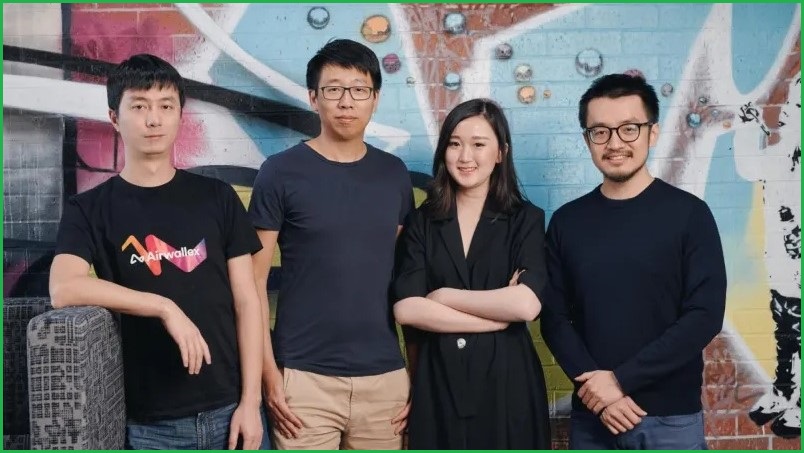It’s a good time to be an Australian tech startup.
A month after Canva became the nation’s most valuable private company ever, fintech Airwallex has cemented its place as one of its fastest-growing.
Finalising a $US200 million oversubscribed Series E funding round, it takes the valuation of the global payments company to $US4 billion ($5.51 billion), having doubled since March.
“From the start, our vision has been to build a global financial operating system that will allow modern businesses to operate without borders,” co-founder and CEO Jack Zhang said.
“This additional capital enables us to scale our presence in North America, UK, Europe and other new markets including the Middle East, South America and Southeast Asia, and become a dominant leader in global payments.”
The company, started in Melbourne in 2015, now handles $20 billion worth of domestic and international payments every year, providing transfers, cards and accounts to global businesses.
Despite the closure of borders throughout the pandemic, it has managed to grow revenue by almost 150% and quadruple its client list. It now employs around 1,000 people in 20 different cities.
Launching in the United States last month, and recently acquiring licences in both the Netherlands and Malaysia, Airwallex continues to see major support from investors.
The latest equity round caps off $US700 million in investment to date, supported by the VC arms of Salesforce and ANZ Bank among others, and led by Lone Pine Capital (LPC).
“[Airwallex’s] unique Asia-Pacific roots, coupled with its innovative infrastructure, products and services, speak volumes about the business’ global growth opportunities and its impressive expansion in the competitive payment providers space,” LPC managing director David Craver said.
Such has been the interest in the fintech that Zhang revealed earlier this year he has been repeatedly knocking back offers from US ‘blank cheque’ companies looking to acquire it.
Given the latest funding round, it looks like it has had better offers.
This article was originally published on Business Insider Australia.









